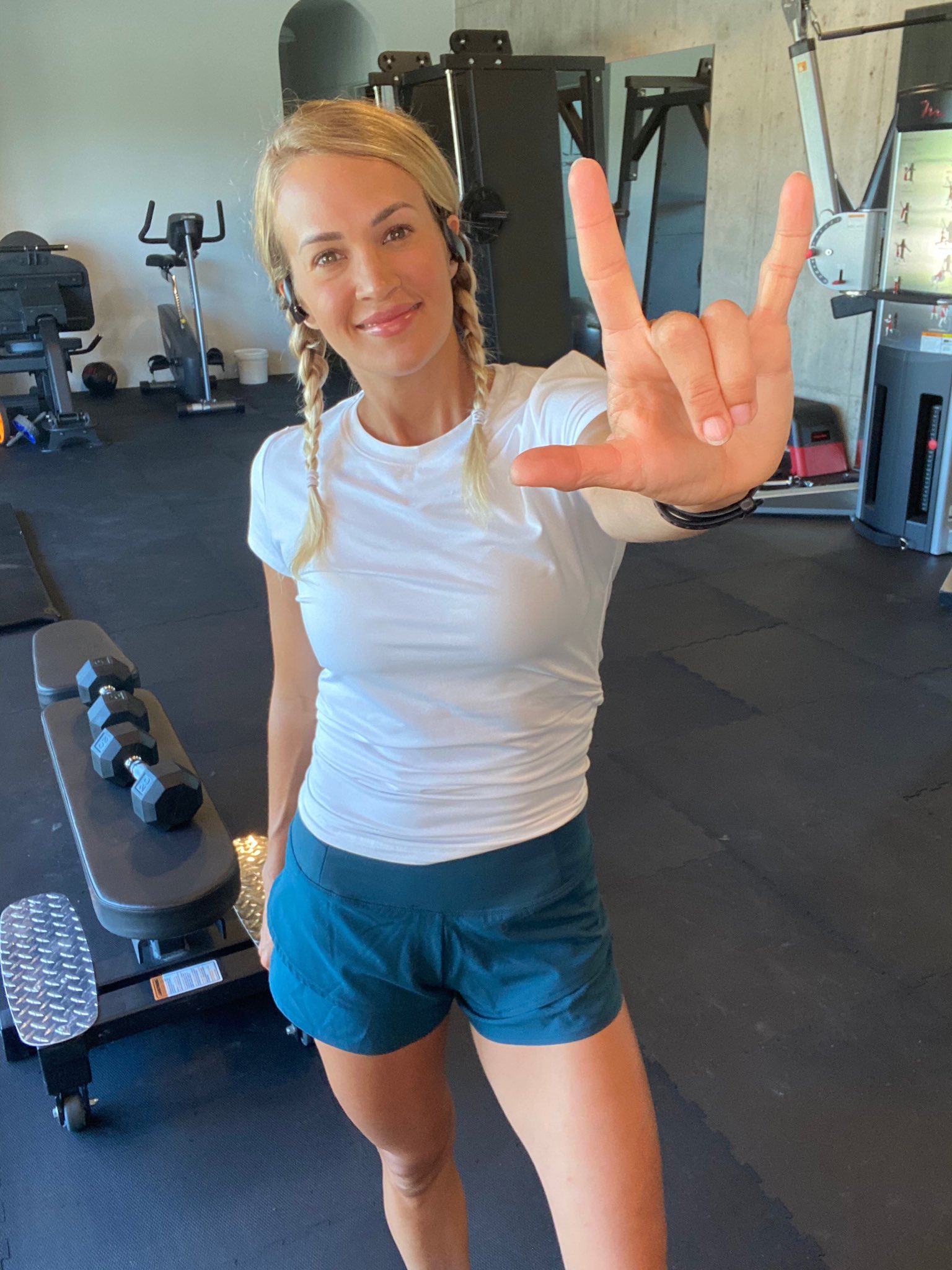ADVERTISEMENT
SUPEREGO
Sergey Brin (of Google Fame) Blasts PIPA Creators
bill-swift - April 17, 2012
If you know much about online piracy, or you just keep up to date on the legality of the web, then you've probably heard of Stop Online Piracy Act (SOPA) and its proposed follow up act, the Protect IP Act (PIPA). SOPA was shut down, thanks mostly to the grass roots efforts of millions of end users of the webs favorite sites, and soon PIPA is going to be facing a similar challenge. On the bright side it already has some pretty vocal critics.
Just in case you've been living under a rock PIPA is a law originally introduced on May 12, 2011, by Senator Patrick Leahy, general enemy of Internet freedom, that is painfully similar to SOPA and is designed to help the makers of movies and other digital content to stop the distribution of illegal copies of movies. The law would put the responsibility entirely on the site owners to deal with their content and apply some fairly harsh penalties. Here is an excerpt from the bill that shows how ominously broad this bill could be.
"The PROTECT IP Act says that an "information location tool shall take technically feasible and reasonable measures, as expeditiously as possible, to remove or disable access to the Internet site associated with the domain name set forth in the order". In addition, it must delete all hyperlinks to the offending "Internet site"
The bill, which will cost the government an estimated to cost about 47 million dollars to create a division of federal agents who would be devoted specifically to making sure that every site on the web is enforcing censorship on their sites.
One of the most vocal critics is Sergey Brin, who you probably know best as one of the co-founders of the search giant Google, who has already gone on record in an interview with the Guardian newspaper, a U.K. publication and said some interesting things about the proposed PIPA Law. Interestingly enough his best points were not about the morality of an open web, but about making the best possible business case.
Brin told a reporter, "I haven't tried it for many years but when you go on a pirate website, you choose what you like, it downloads to the device of your choice and it will just work - and then when you have to jump through all these hoops (to buy legitimate content), the walls created are disincentives for people to buy."
So the question is, do you agree with Sergey or do you disagree?
Session expired
Please log in again. The login page will open in a new tab. After logging in you can close it and return to this page.




